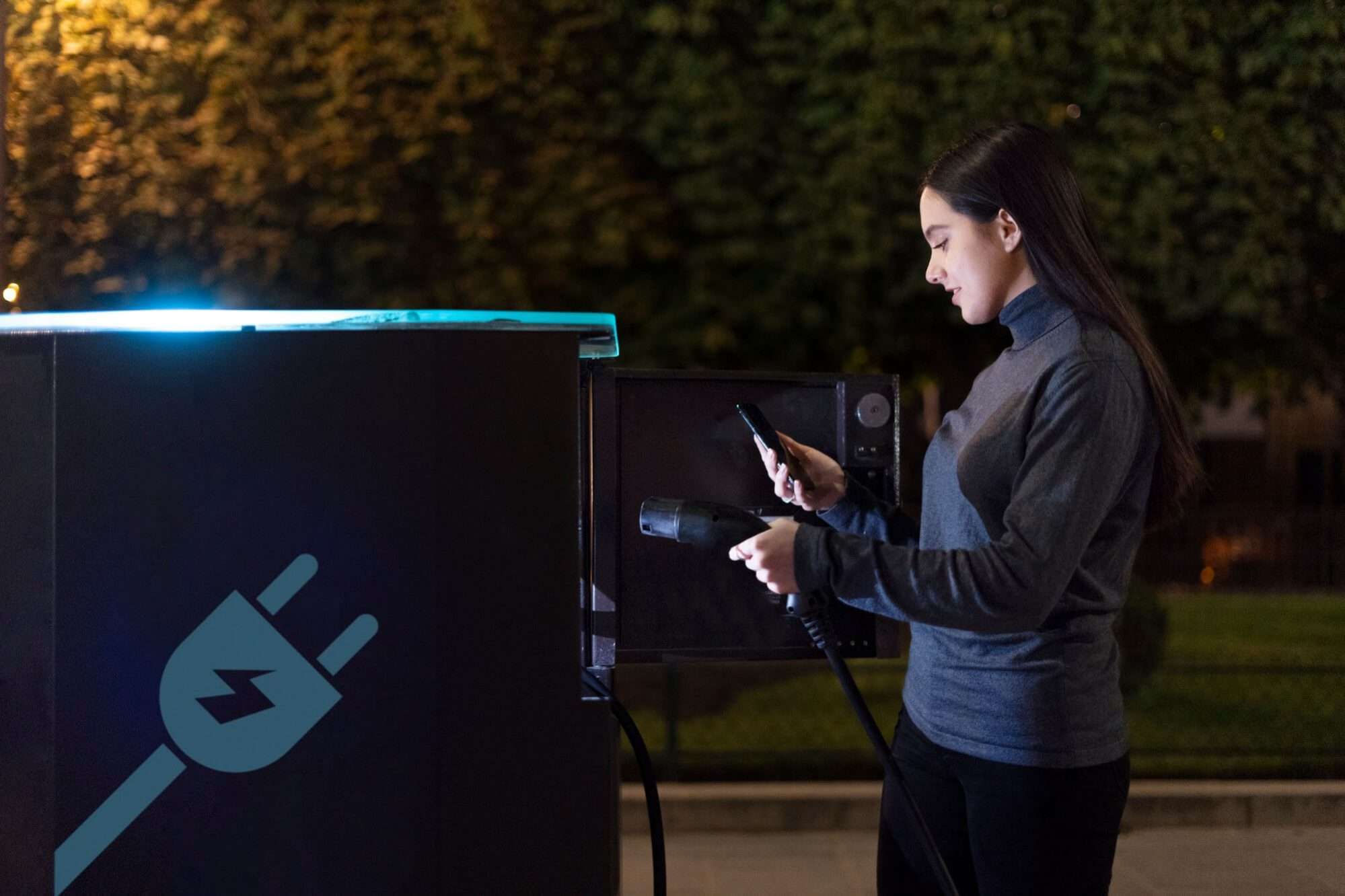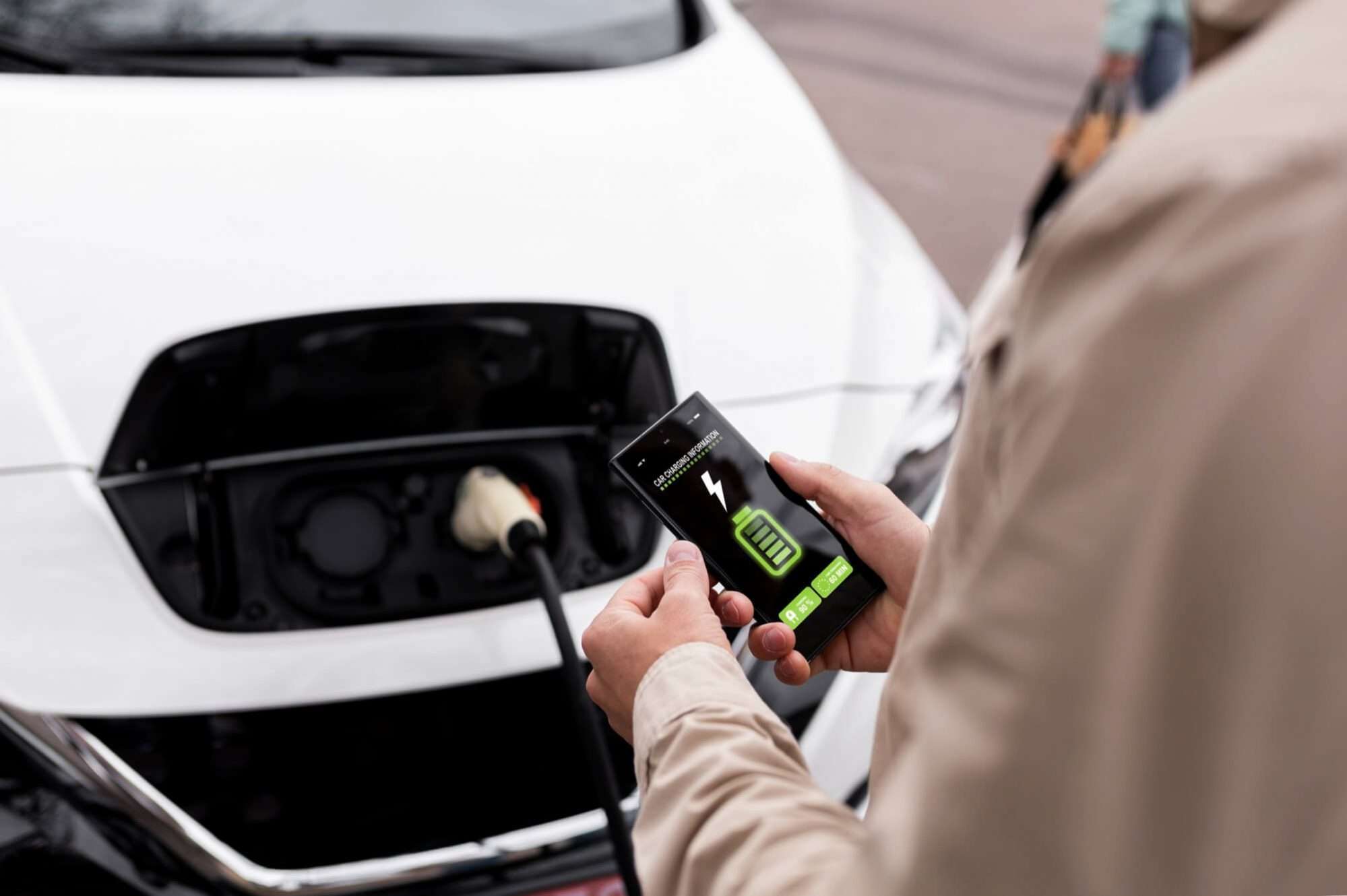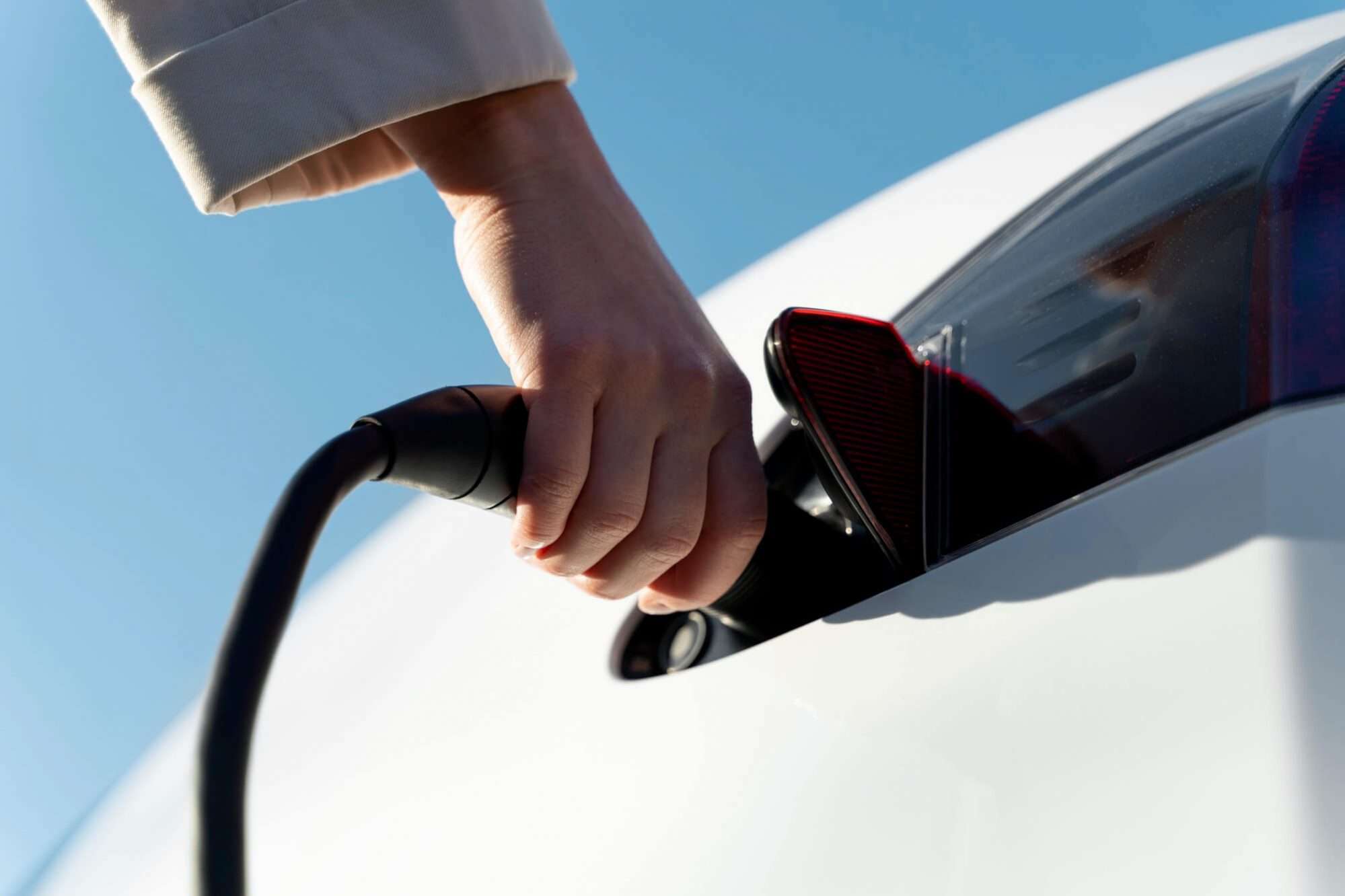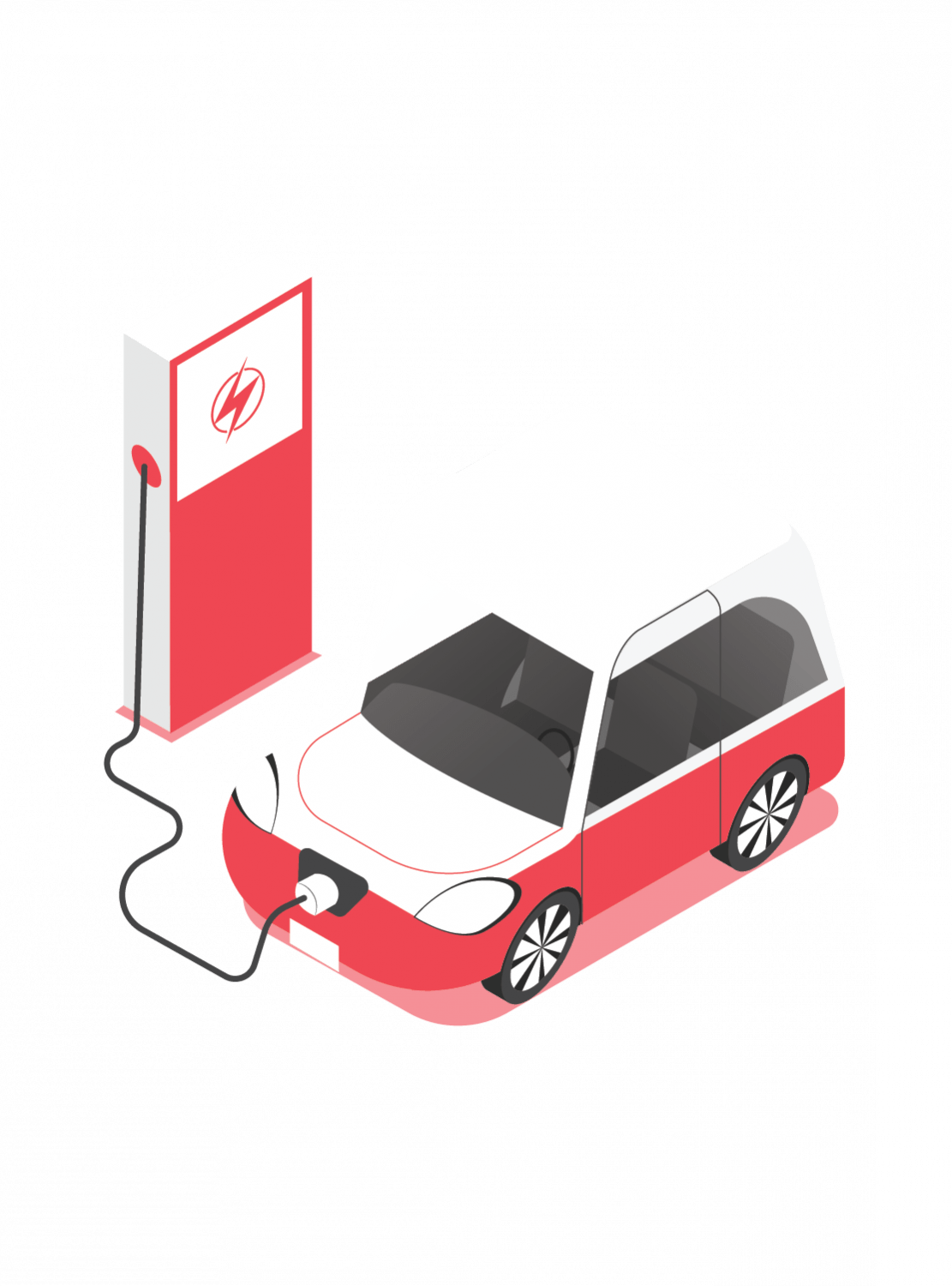How Can We Reduce The Charging Time of Electric Cars?
When you discuss the electric car, the first question comes to mind for everybody. How long does it take the battery to charge, and how long does it drive in km? How can we reduce the charging time of our electric cars?
If you have an electric car, ensure you are charging it at its maximum capacity. You can choose how many amps you want to charge in a Tesla or any other Electric car. Also, make sure your plug or connection can handle it.
Suppose you’re talking about, in general. In that case, how we can get electric cars to charge faster, it’s an electric supply and Battery Management issue.
We could charge batteries faster now, but the battery would degrade more quickly. Manufacturers have software to balance the speed of charging with the battery’s life. Improvements are underway.
READ MORE: Will Electric Cars Replace Gas Cars in Twenty Years?


Some Useful Way To Reduce The Charging Time of Electric Cars
There are several ways that we are defined in this article can reduce the charging time of electric vehicles (EVs):
- Using faster-charging technologies: Several different technologies can charge EVs faster, including direct current (DC) fast charging, which can charge an EV to 80% in as little as 30 minutes.
- Increasing the charging power: Another way to reduce charging time is to increase the power of the charging station. Higher-power charging stations can deliver more electricity to the vehicle’s battery quickly.
- Using multiple charging ports: Some EVs have multiple charging ports, which can simultaneously charge the vehicle’s battery. It can reduce the overall charging time.
- Optimizing charging times: Charging an EV when there is less electricity demand can also help reduce charging time. For example, charging an EV overnight when electricity demand is generally lower can be more efficient than charging during the day.
- Improving battery technology: Developing more advanced battery technology can also help to reduce charging time. For example, using batteries with higher energy densities (the amount of energy stored in a given volume) can allow an EV to be charged more quickly because more energy can be stored in a smaller battery.
Learn More About Our Battery Courses:
What is the Average Time it takes to Charge an Electric Car
How long does it take to fully charge the battery of a typical electric car? It is the question that everyone asks, but it’s the wrong question. It’s like asking, “How often do gas cars get filled?”
In this article, we are in-depth discussing How much time it takes to charge an electric vehicle?
It depends on many things:
- What is the starting state of charge?
- What is the battery’s starting temperature?
- What is the capacity of the battery?
- How fast/powerful is the charger?

The average time it takes to charge an electric car depends on several factors, including the size of the battery, the charging system used, and the amount of power available at the charging station. Here are some rough estimates for how long it might take to charge an electric car:
- Level 1 Charging (using a standard 120V outlet): This is the slowest way to charge an electric car. It can take anywhere from 8 to 20 hours or more to fully charge the battery, depending on the battery’s size and the charge rate.
- Level 2 Charging (using a 240V outlet, such as those found at home or public charging stations): This is a faster way to charge an electric car, and it can take anywhere from 4 to 12 hours or more to fully charge the battery, depending on the size of the battery and the rate of charge.
- DC Fast Charging (using a high-voltage charger at a public charging station): This is the fastest way to charge an electric car, and it can take as little as 30 minutes to several hours to fully charge the battery, depending on the size of the battery and the rate of charge.
It’s worth noting that most electric cars come with a Level 2 charging cord to charge your car at home or public Level 2 charging stations. DC Fast Charging is typically only available at public charging stations and is not suitable for charging at home.
Know More:

Conclusion (Final Word)
In this article, we discuss how to reduce electric vehicle charging and the various methods to use electric vehicle consumption to the keen curiosity of new ways of implementing Electric vehicle popularity in the way of the EV industry.
However, there are also some factors to consider regarding the electricity usage of EVs. For example, the electricity needed to charge an EV may come from various sources, including renewable energy and fossil fuels.
Overall, the net impact of EVs on electricity usage will depend on various factors, including the grid’s energy mix, the charging infrastructure’s efficiency, and the EVs’ efficiency.
New technologies emerge throughout the day, so it’s essential to constantly upskill with the most recent developments if you want to stay ahead in this fascinating field.





